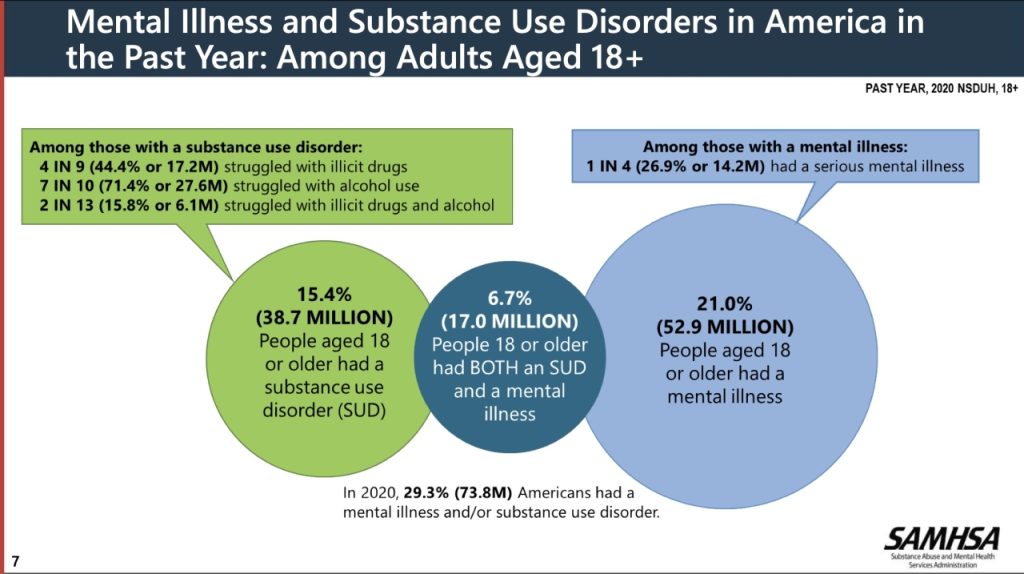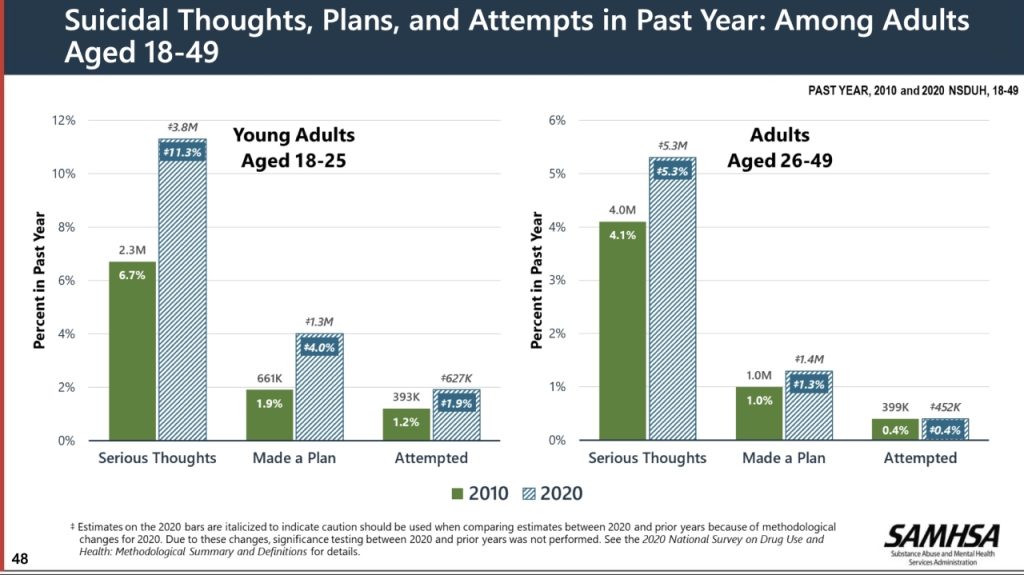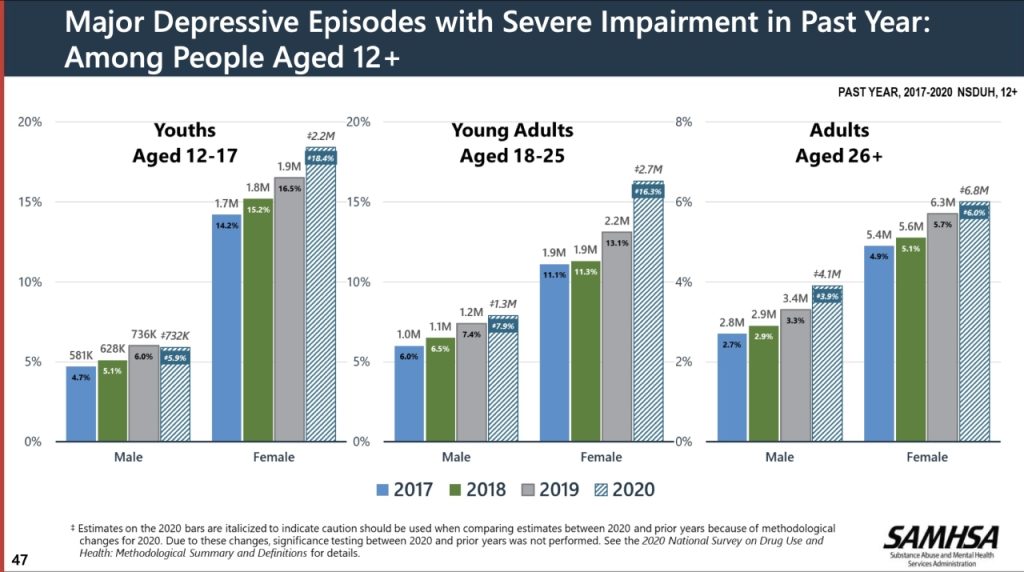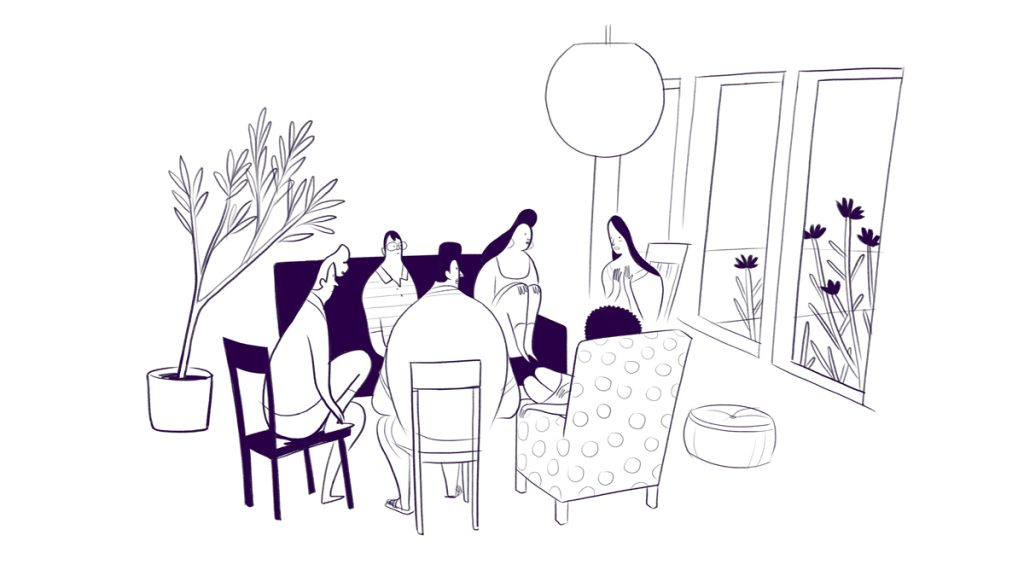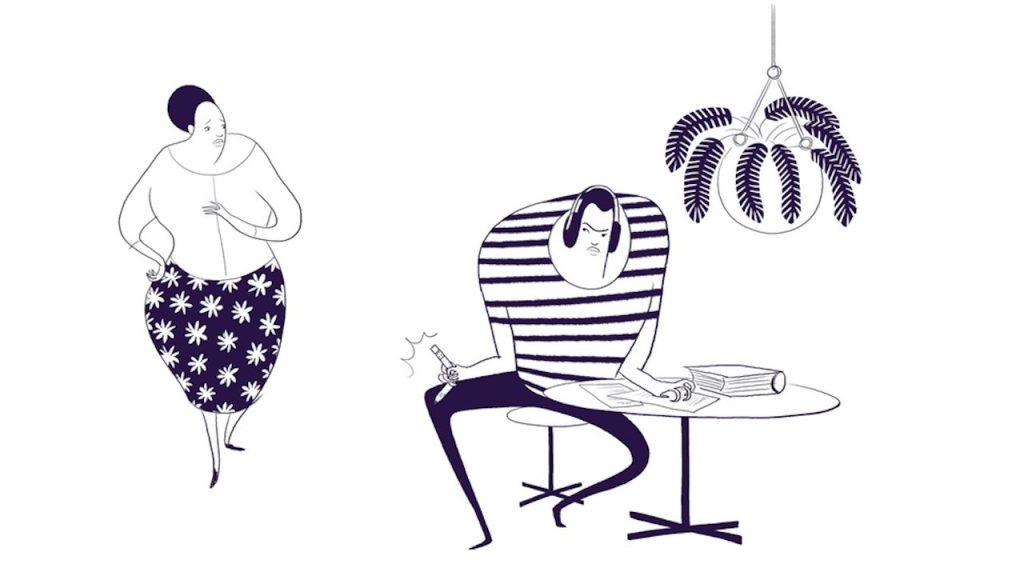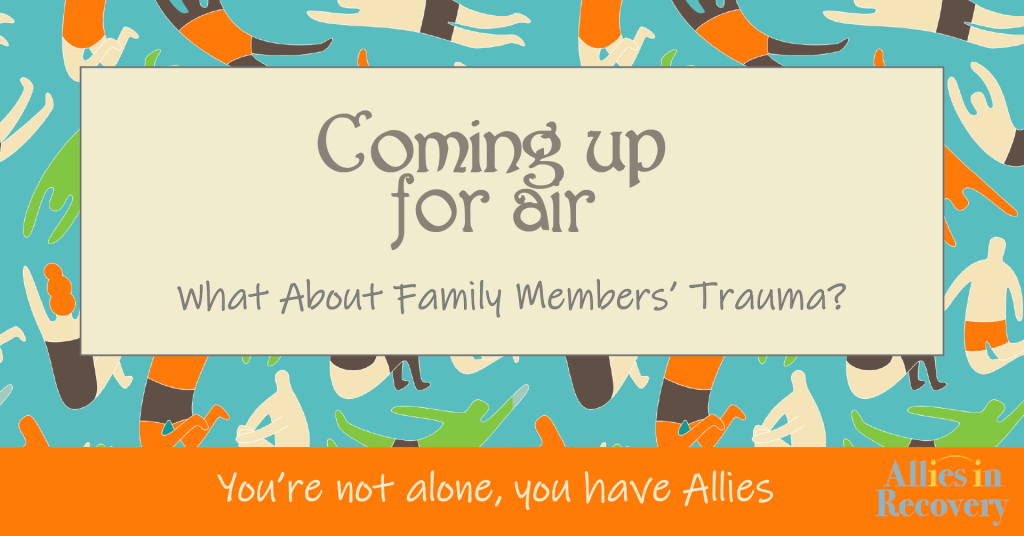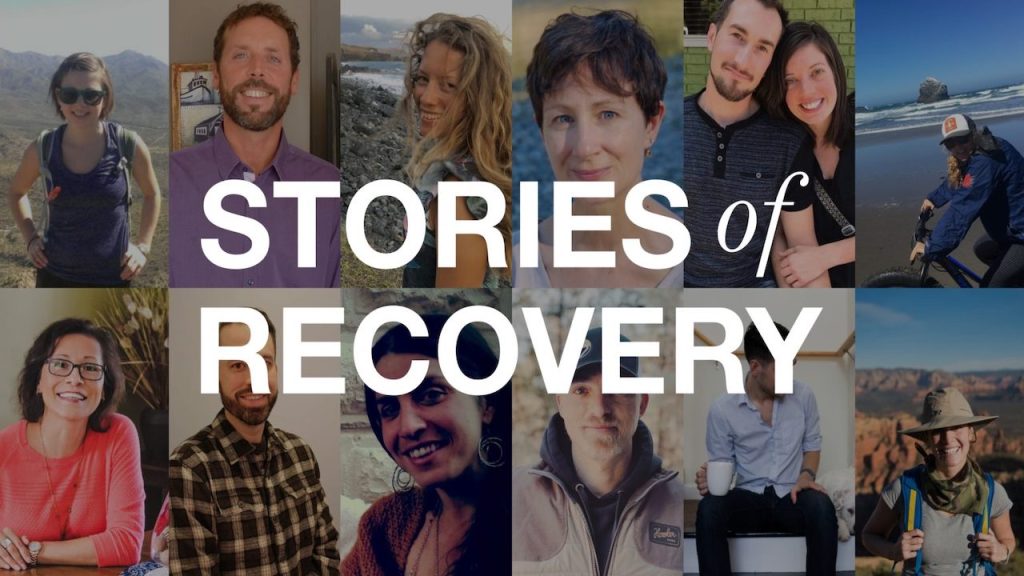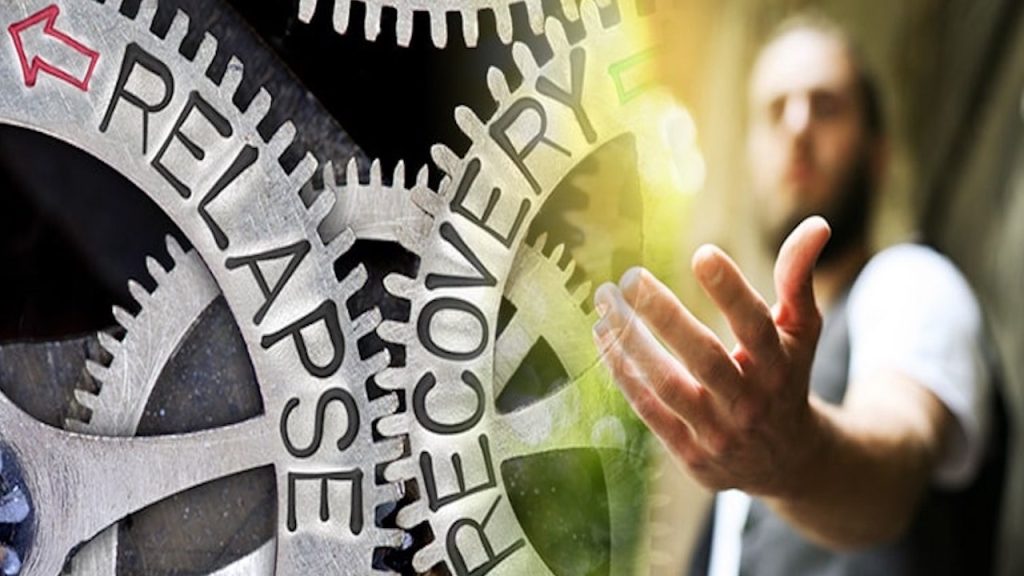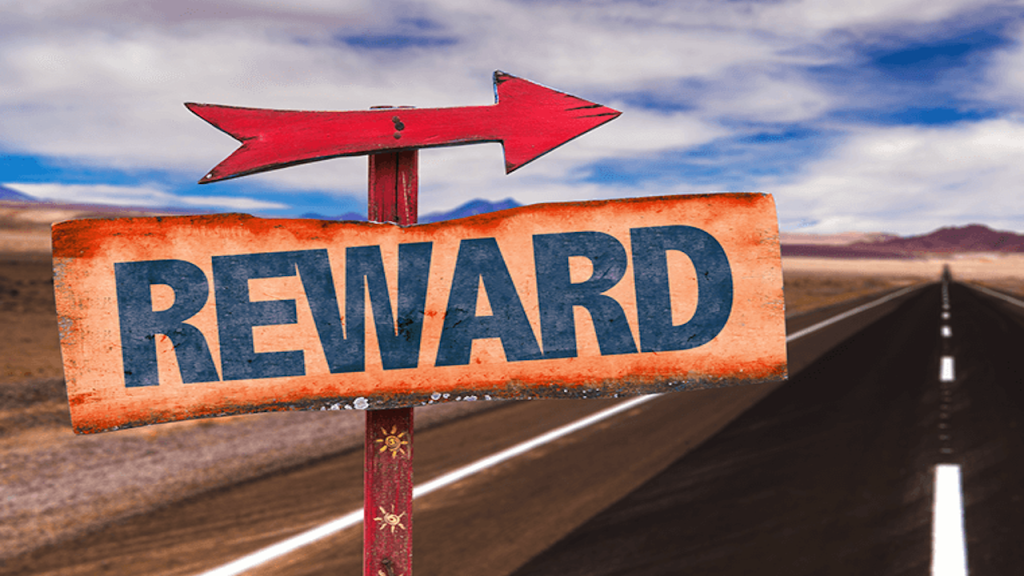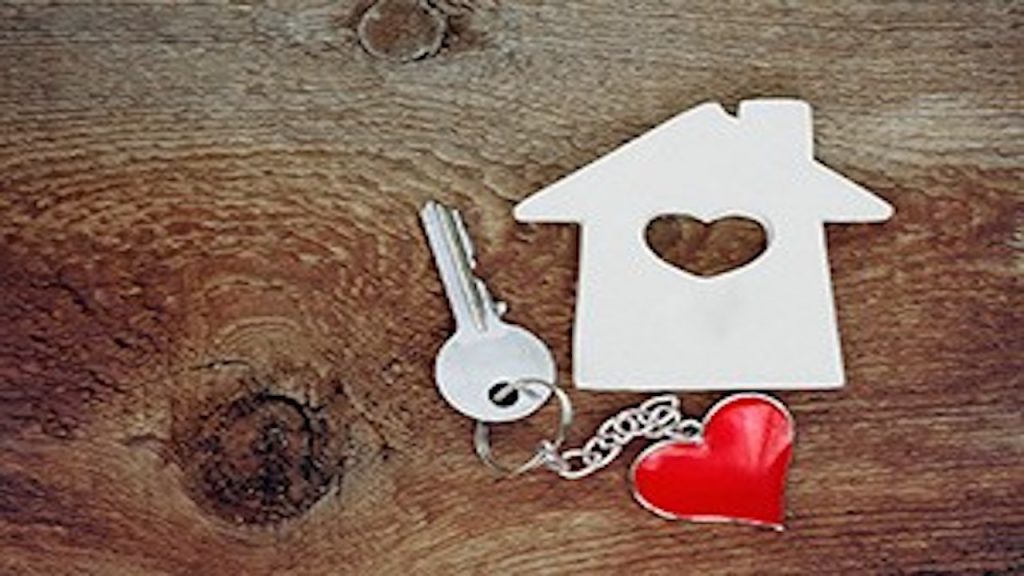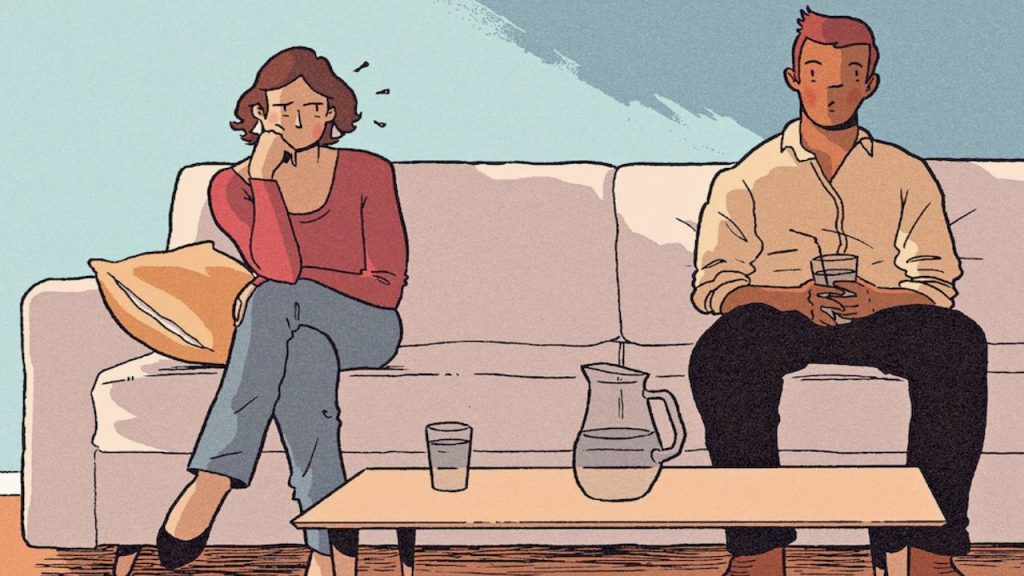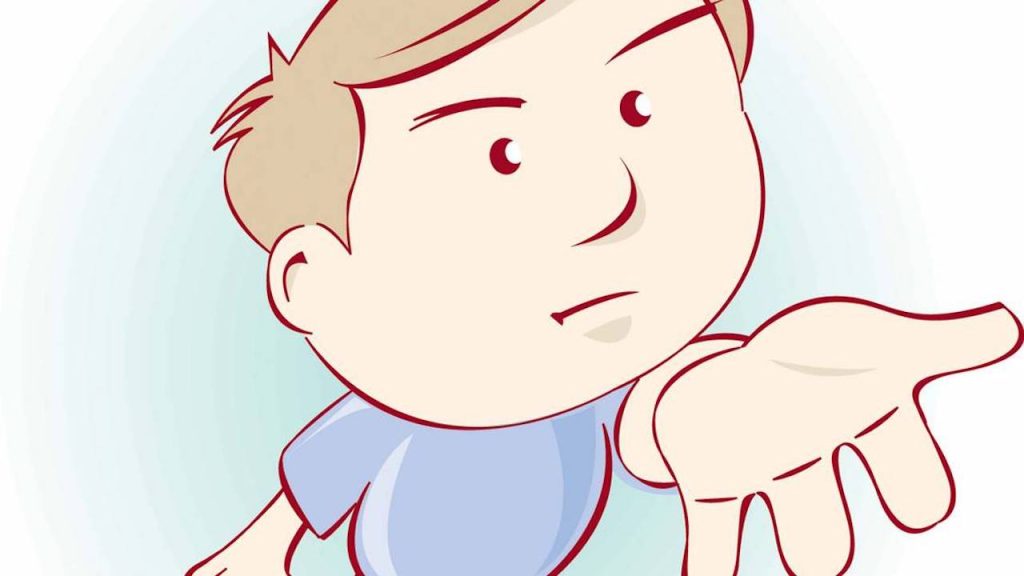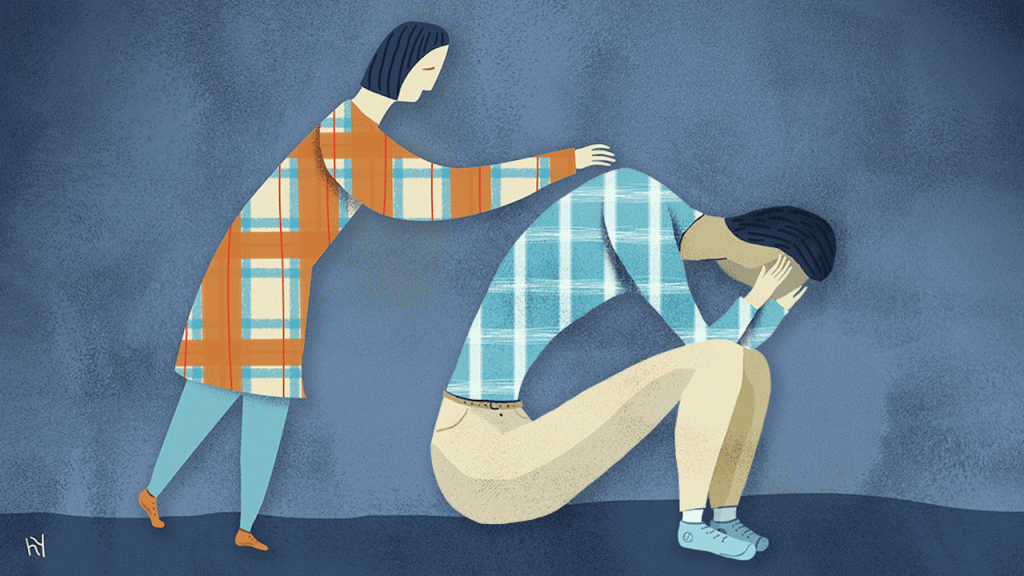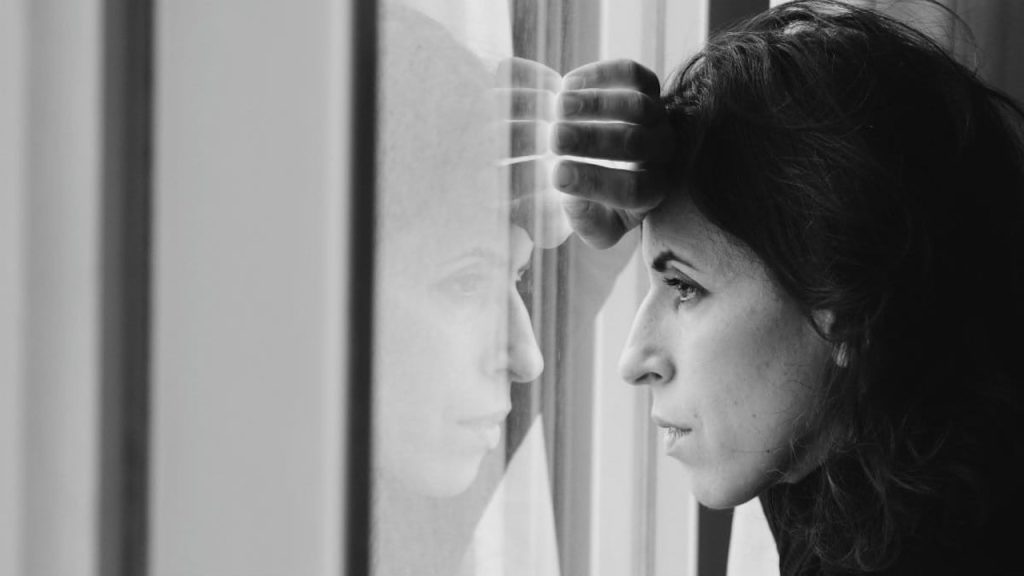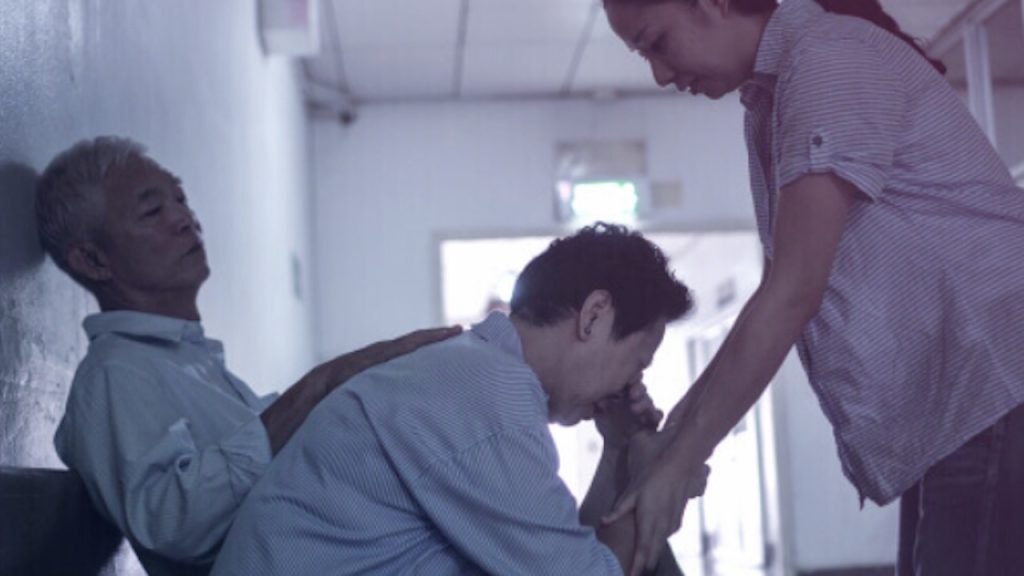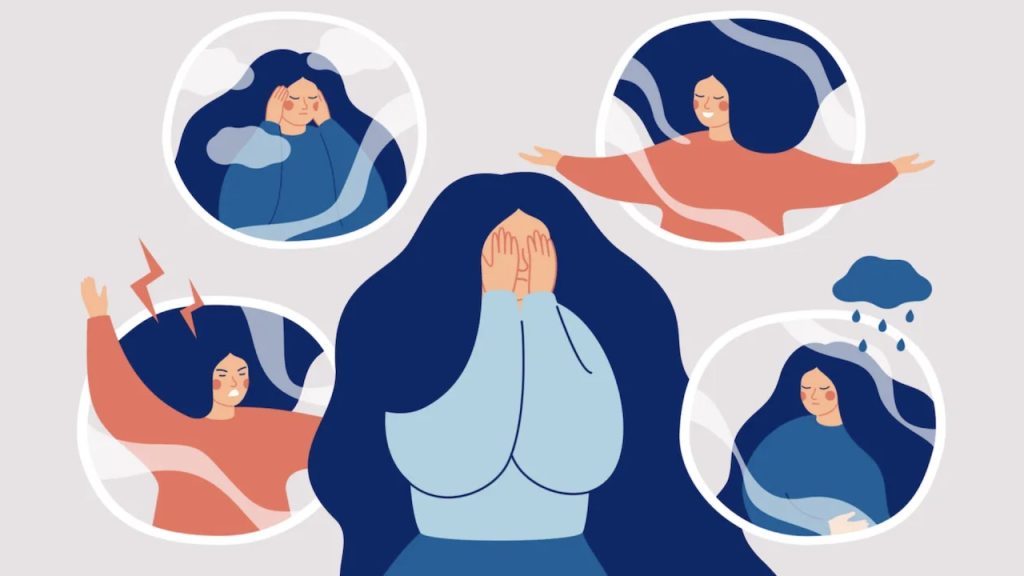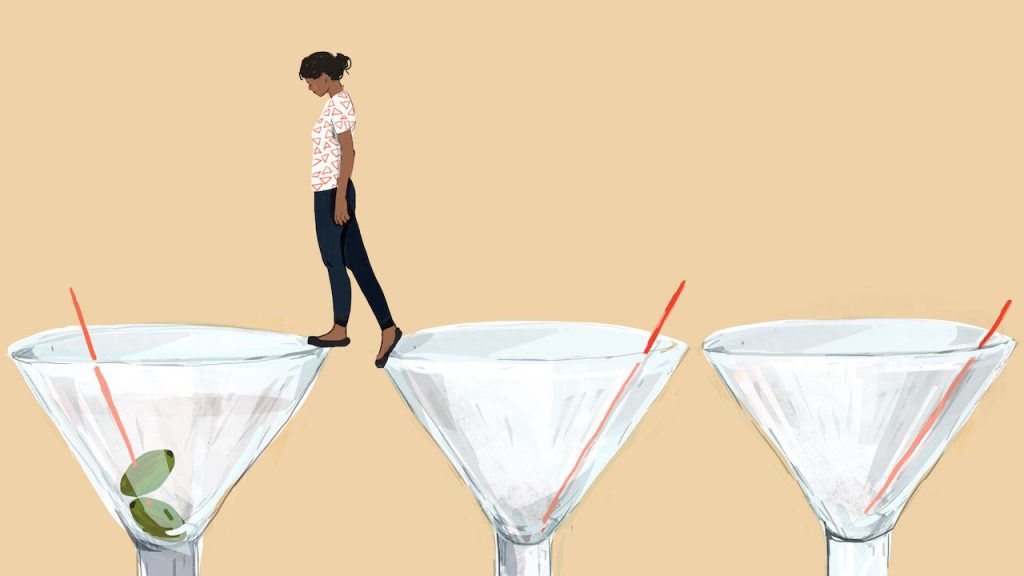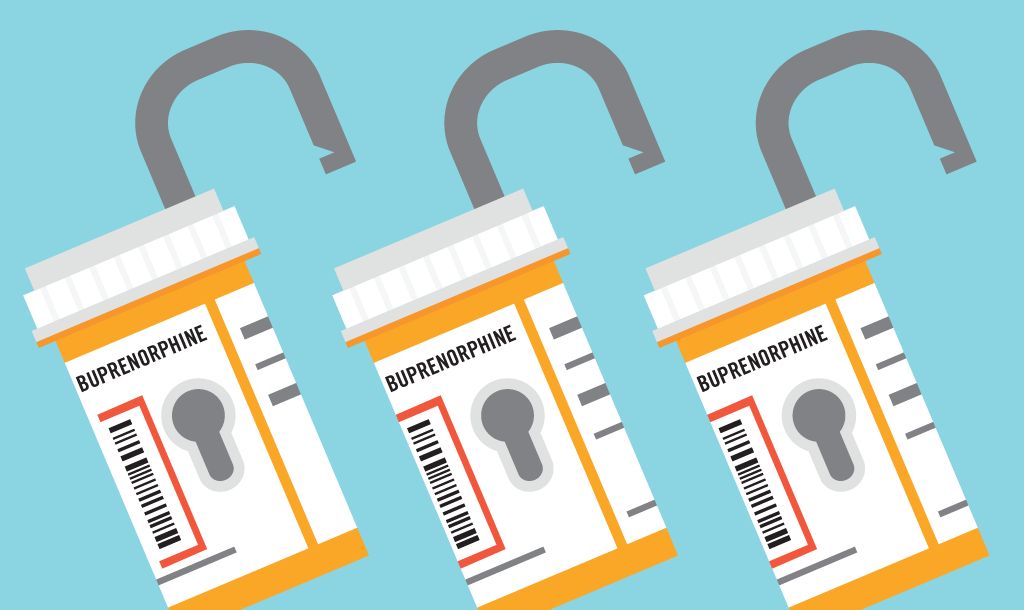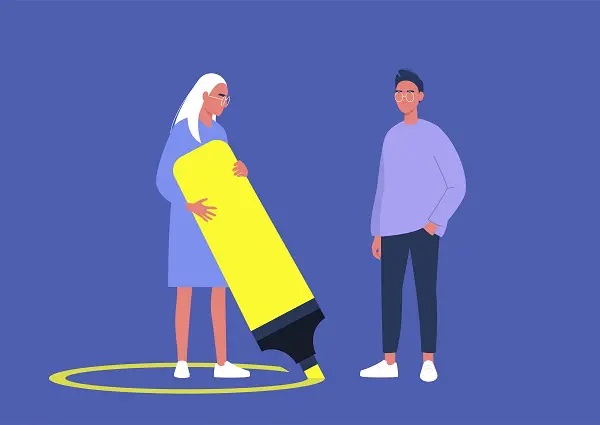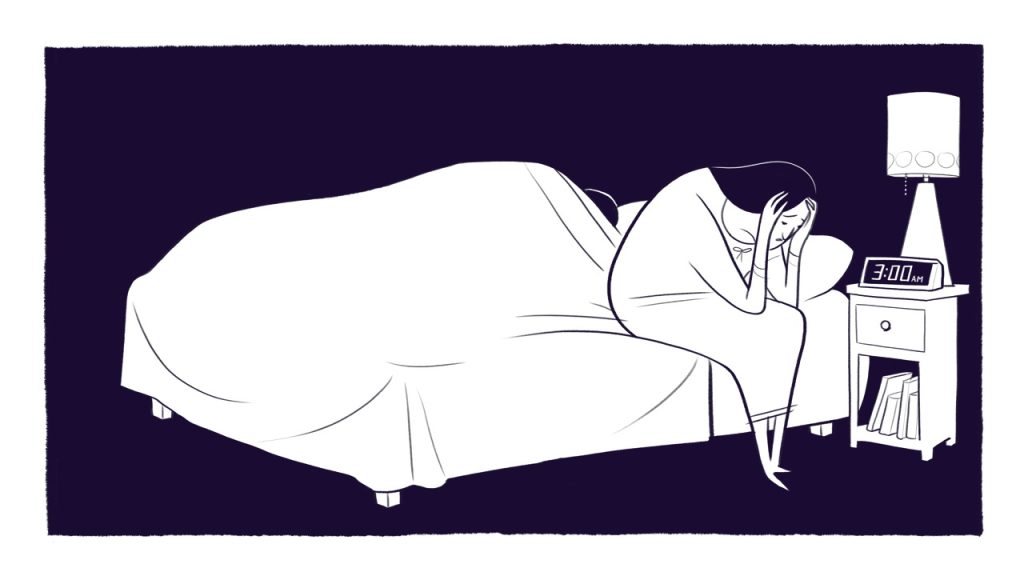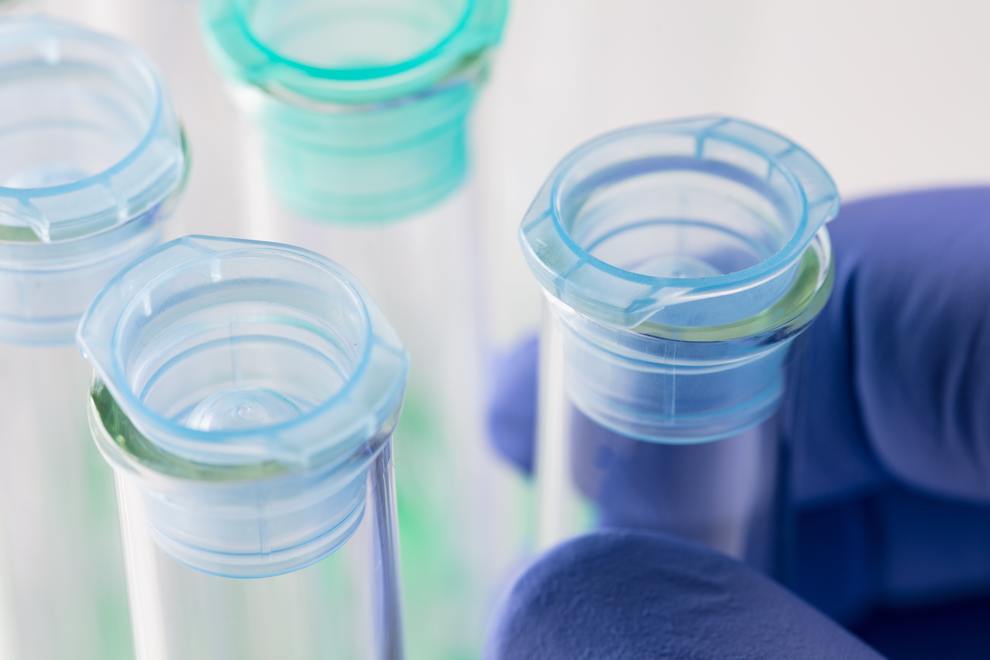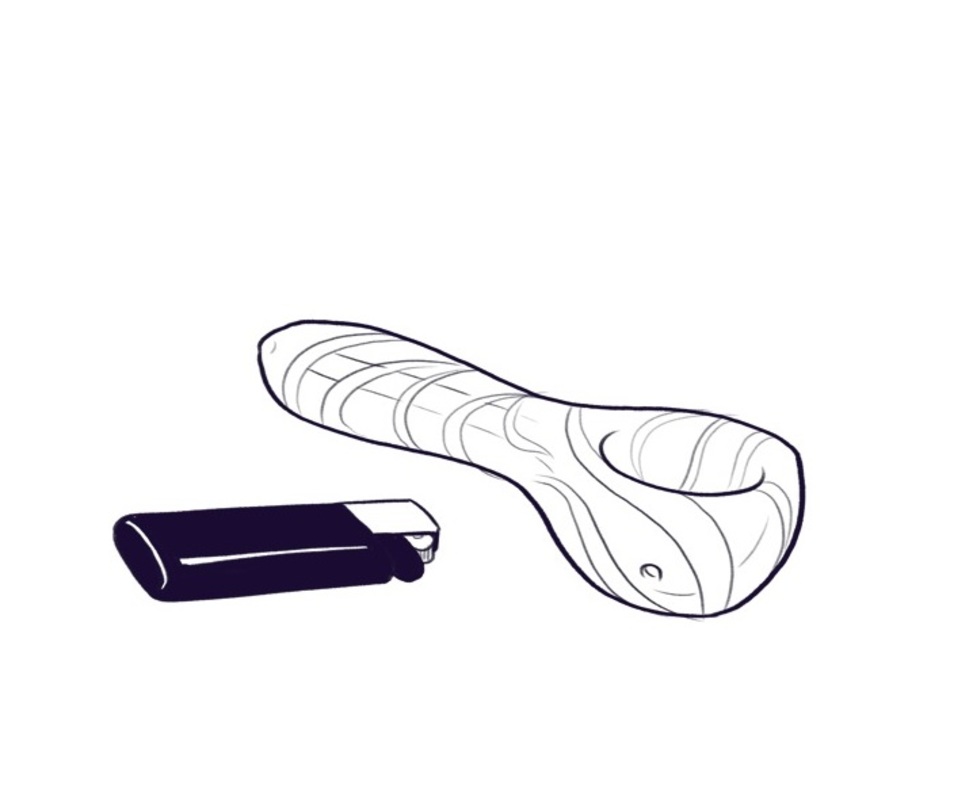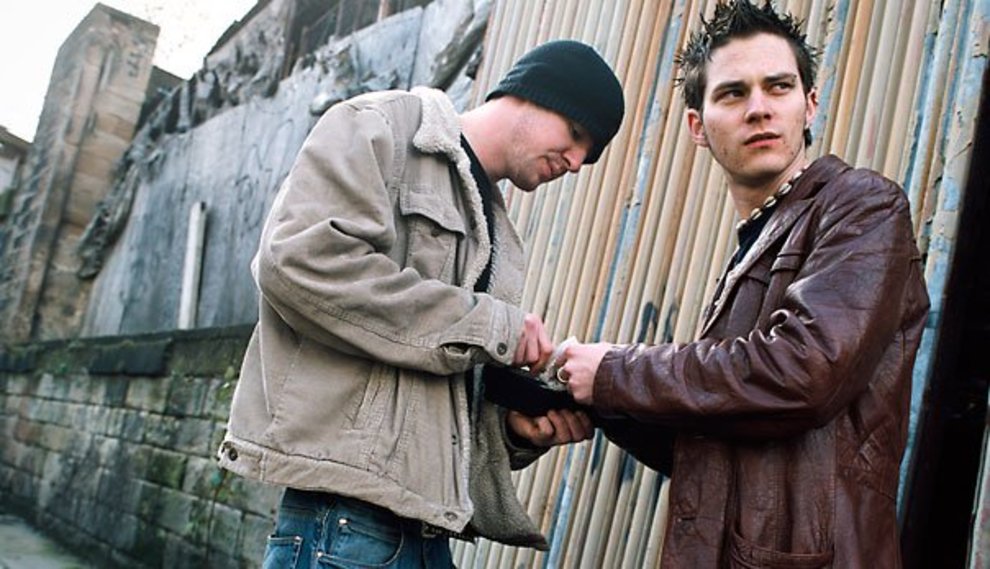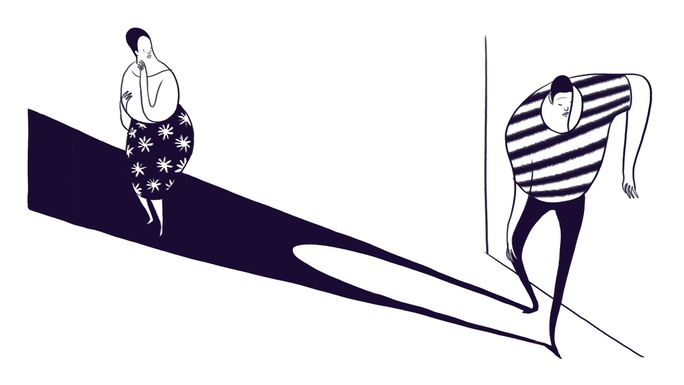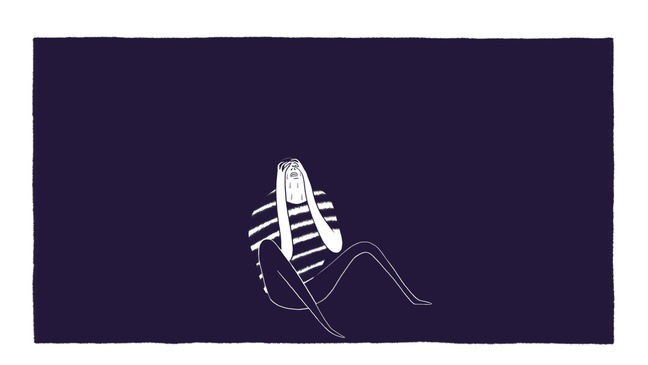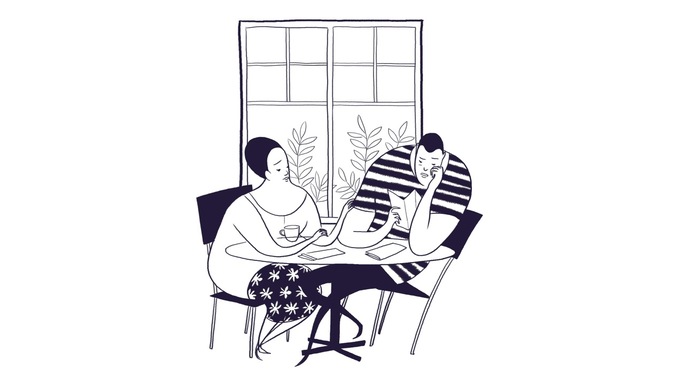My Loved One Also Struggles with Mental Health – Is CRAFT Right for Us?
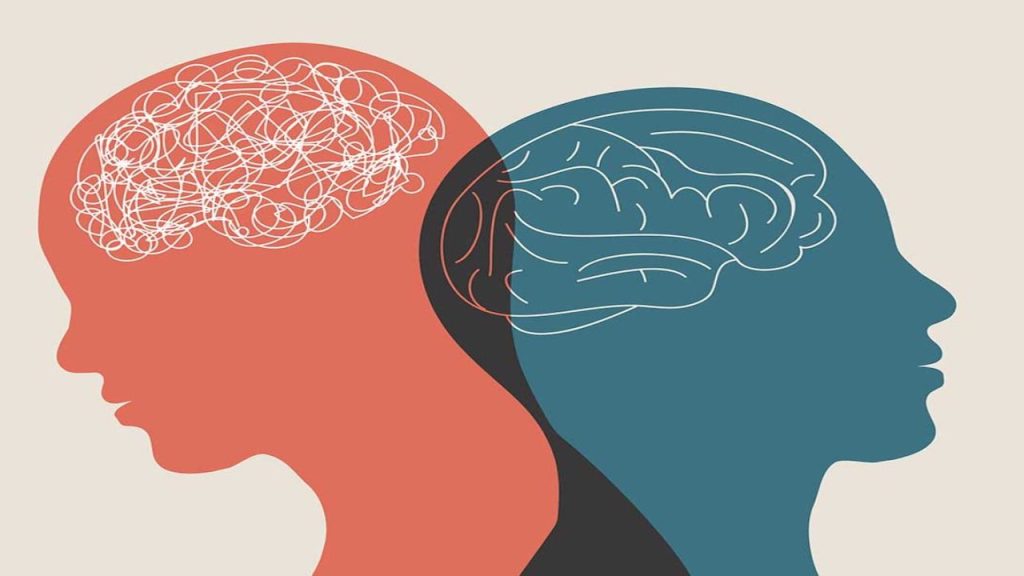
One of our long-time Allies in Recovery members wrote in to our “Pose a Question” blog with an update on her loved one – her husband – who has given up harder substances but continues to struggle with alcohol and marijuana. Since our member first discovered CRAFT, her husband was diagnosed with serious mental illness. She wonders if CRAFT is a compatible approach to support his mental health issues.
“I started your program a few years ago. But I had forgotten about it until recently. Since then my husband made some improvements. He has had some therapy in which we discovered his reason for his substance abuse was due to mental illness. He has given up harder substances, yet continues to struggle as he never really stuck with therapy to deal with his mental illness diagnosed as social anxiety disorder, OCD, PTSD, and depression. He still drinks and smokes marijuana most of the day to cope.
He promises to go back to therapy. He had started prior to the pandemic but it disrupted the progress we made. I find myself fallen into the negative communication that you talk about in the program. I am glad I found it again. I am hoping we can turn things around.
He refuses any type of medications but is willing to do psychotherapy and other holistic approaches. But he keeps putting it off. I find that I have been pushing him. I will continue to follow the Allies program to find the best way to get him there.
How does mental health fit into this program?”
Mental illness and substance use disorders go hand in hand
First, as many of you already know, mental health vulnerabilities are highly associated with substance use disorders (SUD), as the graph below demonstrates. Keep in mind that this graph doesn’t tell us which came first, the drugs or the mental illness (which SAMHSA defines as “Adults aged 18 or older with any mental, behavioral, or emotional disorder in the past year of sufficient duration to meet DSM-IV criteria” — excluding developmental disorders and SUDs). 1
© SAMHSA
2020 also marked a substantial increase in the rate of suicidal behaviors among young people as compared to ten years prior. My own information from colleagues in the field is that going forward, rates will be even higher with all that we are experiencing from COVID and the general spread of inequalities. 2
© SAMHSA
Young girls and women are disproportionately affected by serious depressive episodes, as can be seen in the graph below, with rates increasing significantly for younger women, and rising in the same direction for adult women. 2
© SAMHSA
Focus on the mental illness, ignore the use as much as you can
In your situation, addressing the mental illness prevails over addressing the SUD. Use a “planned talk” to get him into mental health treatment because that is the path of least resistance. You can call the facility and ask them for help guiding your husband to the counselor. The professional should recognize the addiction.
You talk about how your husband doesn’t admit to having a SUD. You are not going to talk him into admitting a problem. You are simply going to say that his use and his struggle are causing you pain.
“Planned Talk” pointers from Allies eLearning Module 8
— Set up the talk for a time when you are both in decent moods, and if possible, when your loved is not using or at least not very high
— Make sure the talk happens at a time when your loved one is not hungry, angry, lonely, or tired (the acronym “HALT” is what AA uses)
— Script it out – write out what you want to say first, for yourself. Make sure you are posing it as a request, not a demand (our eLearning Module 4 gives you positive communication skills to use here). Rehearse it.
— Use words like counseling, coaching, retreat, and center – and AVOID words like treatment, rehab, and therapy
— Consider using leverage. We go into detail on this point in our eLearning Module 8.
Be prepared for refusal.
If he gets defensive and denies that he needs help with his mental illness, that is a signal for you to back off:
- It’s a “no” to your suggestion of treatment.
- Thank him for listening to you.
- Tell him you will talk again.
Next time you see an opportunity, whether he simply expresses regret about the status quo (“a dip”) or “a wish” for a change in his life (watch our eLearning Module 8 for more on wishes and dips), set up to bring up treatment again. Not arguing with him and not trying to convince him of anything will be a change for both of you. You are stating the obvious. A negative response just quietly shuts you down and ends the conversation, until next time.
You have realized that you have fallen back into less positive communication and started pushing him lately. I applaud your willingness to question your stance. Communication can be so difficult and having a loved one dealing with SUD is hard, especially with the added pressure of mental health issues. I have never met anyone who gets it right every time. What is important here is that you love your husband and are ready to learn and question your own behavior/communication patterns.
Remember, CRAFT is meant to be implemented gradually and gently.
The idea is not to upset your husband with abrupt changes in your behavior. For tips on how to smoothly shift the way you talk to your loved one, head to our eLearning Module 4, where we review the elements of “negative talk” and we go over in detail the
“7 Keys to Positive Communication”
- Show Compassion and let them know you heard them. “Help me understand” is a good one.
- Admit your part; making an understanding statement or admitting your part in things is not the same as condoning or agreeing with the other person’s behavior.
- Be specific with your request, giving the time, place, and action you are looking for
- Be brief – a couple of sentences at most
- Be positive – saying what you do want instead of what you don’t want
- Use “I” statements instead of “you” statements
- Offer to help – even just with simple, comforting things or reminders
Your comment tells me your instincts are spot on. CRAFT and the eLearning program — along with self-care — are indeed key to keep you calm and collected. You might even grasp concepts that didn’t speak to you the first time around. We have numerous posts on our member site about the importance of self-care while doing CRAFT. Remember, if you aren’t in good shape, you aren’t in shape to help your loved one.
Thank you for writing in and for raising such an important question. We’re here for you.
SOURCES:
1 The National Survey on Drug Use and Health: 2020, NSDUH data via PowerPoint and PDF
2 Substance Abuse and Mental Health Services Administration. (2021). Key substance use and mental health indicators in the United States: Results from the 2020 National Survey on Drug Use and Health (HHS Publication No. PEP21-07-01-003, NSDUH Series H-56). Rockville, MD: Center for Behavioral Health Statistics and Quality, Substance Abuse and Mental Health Services Administration. Retrieved from https://www.samhsa.gov/data
* * *
With a membership to Allies in Recovery, you will have access to this article – and thousands of others – in full. Allies in Recovery members have unlimited access to a complete archive of our blog posts and the ability to search by topics of interest such as those mentioned above.
If you’re an Allies member, check out the member site for our “10-day Challenge” to claim your reward of a complimentary One-Day CRAFT Workshop– just for finishing half the eLearning CRAFT Modules!
If you’re not yet a member of Allies in Recovery but want to join us TODAY to get trained on how to reduce the chaos of addiction in your family and in your life, click here.
A membership at AlliesInRecovery.net brings you into contact with experts in CRAFT – the proven, most successful method for getting your loved one into recovery. Our unique, award-winning learning platform teaches you CRAFT, so you can play an important role your loved one’s recovery journey.
With Allies, you’ll get information critical to understanding your loved one’s alcohol/drug addiction; you’ll learn the strategies and skills you need to engage your loved one onto the path to recovery; and you’ll also get guidance on how to identify and cope with the flood of emotions you are feeling – because when you are coping better, you can better help your loved one.

